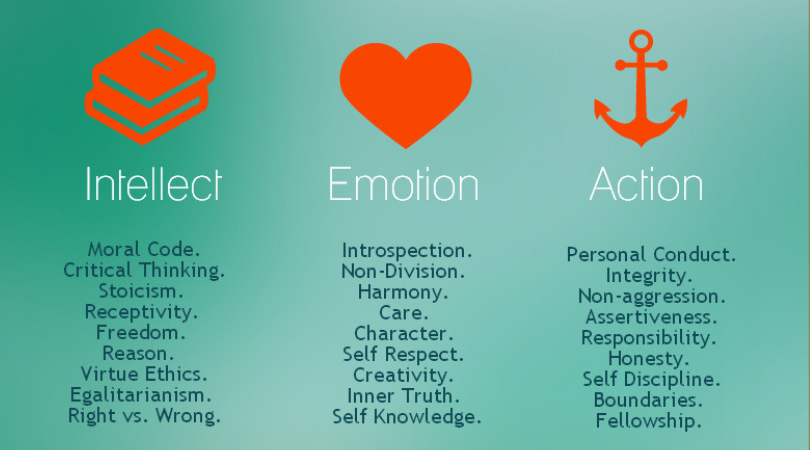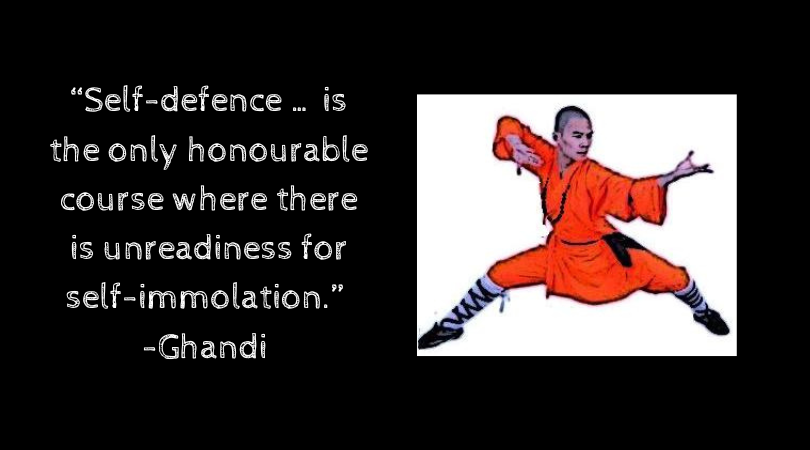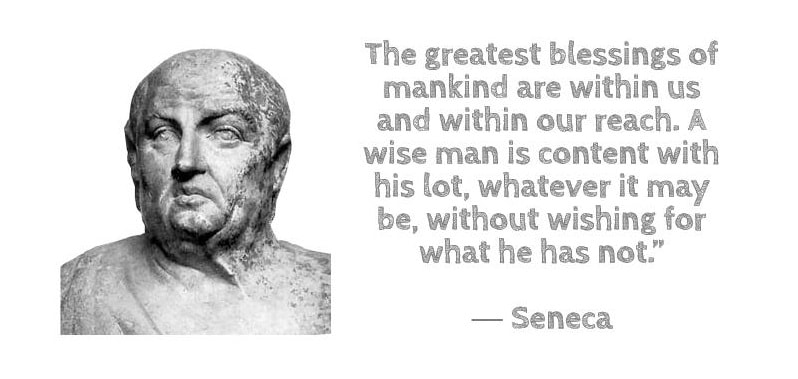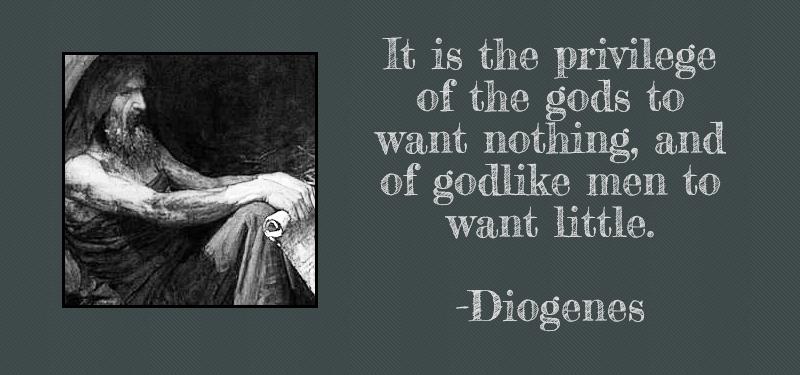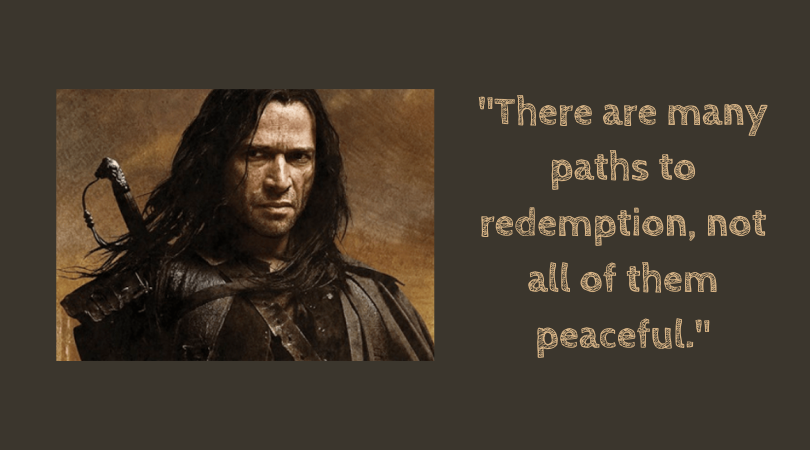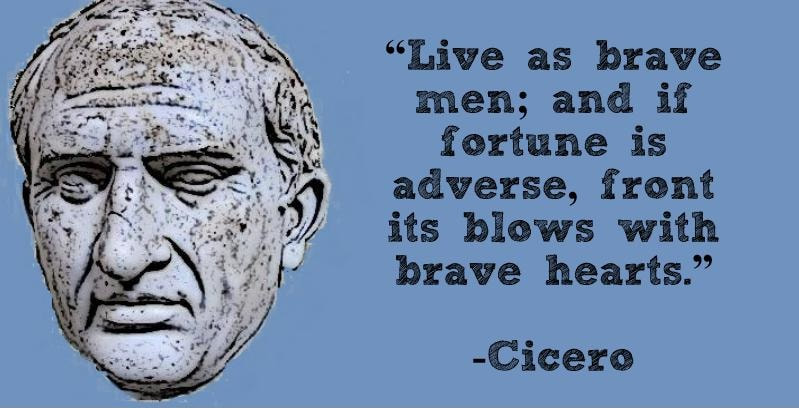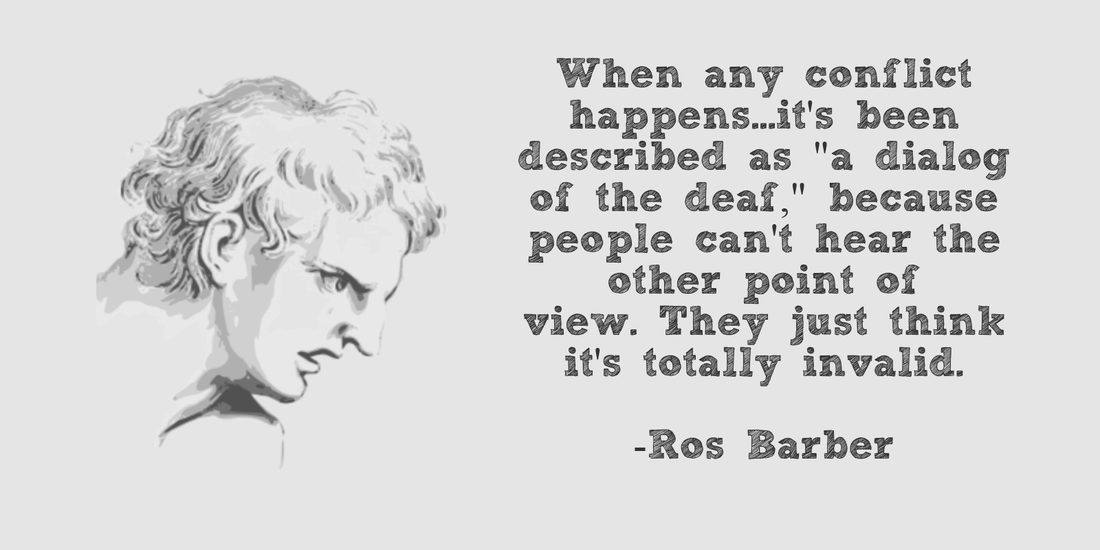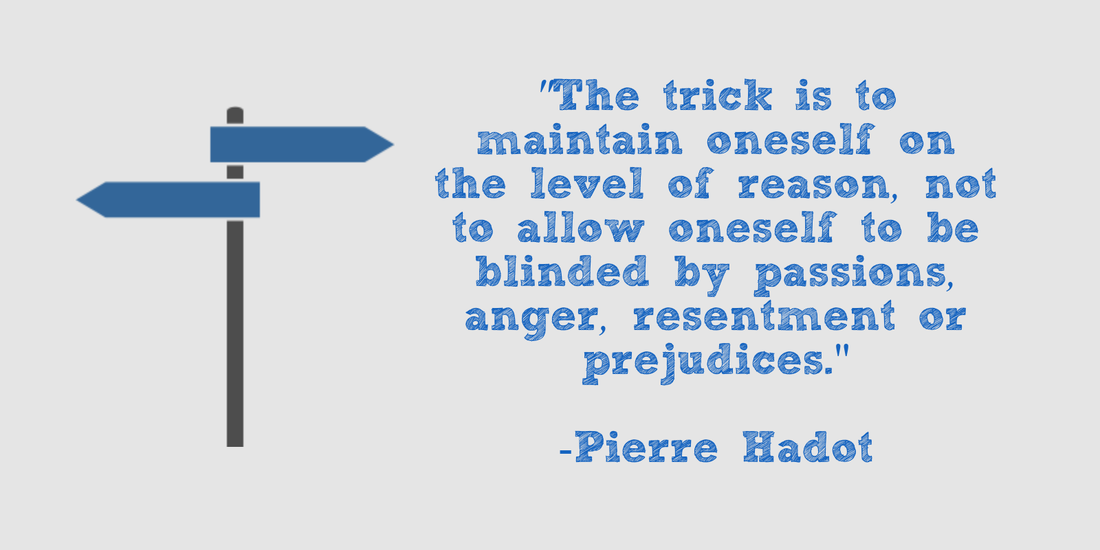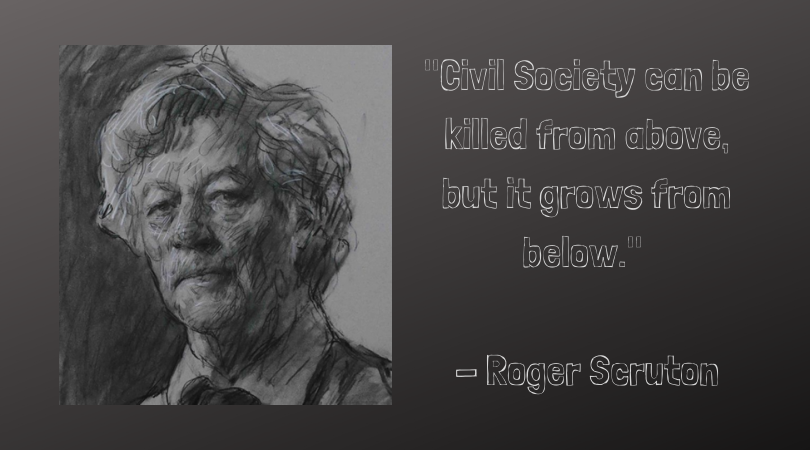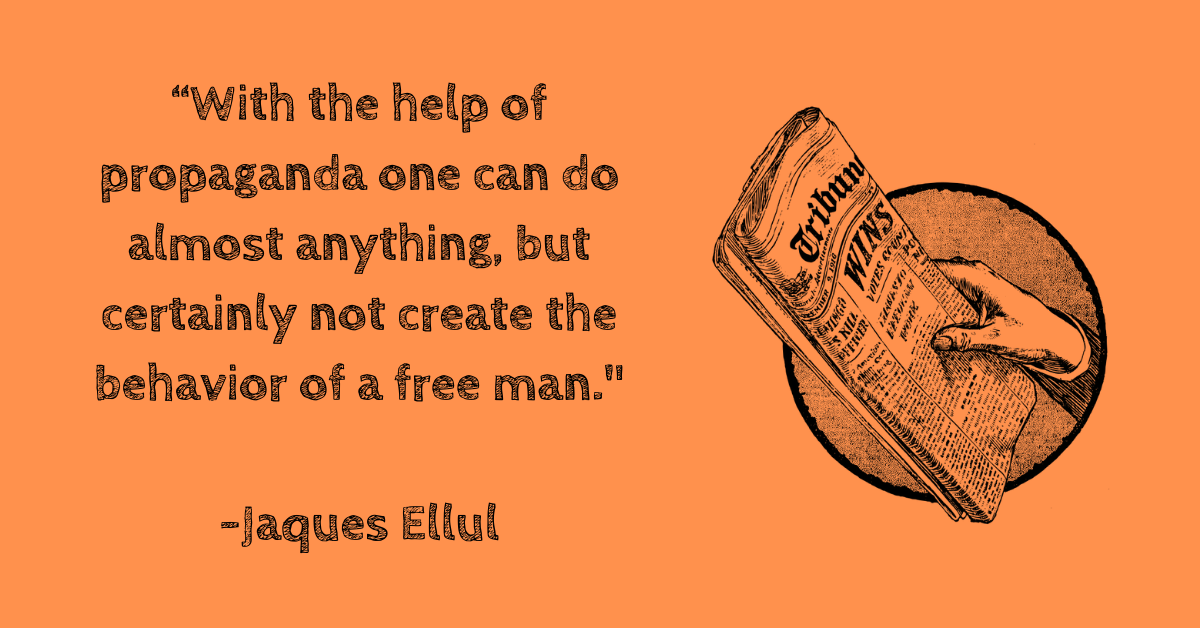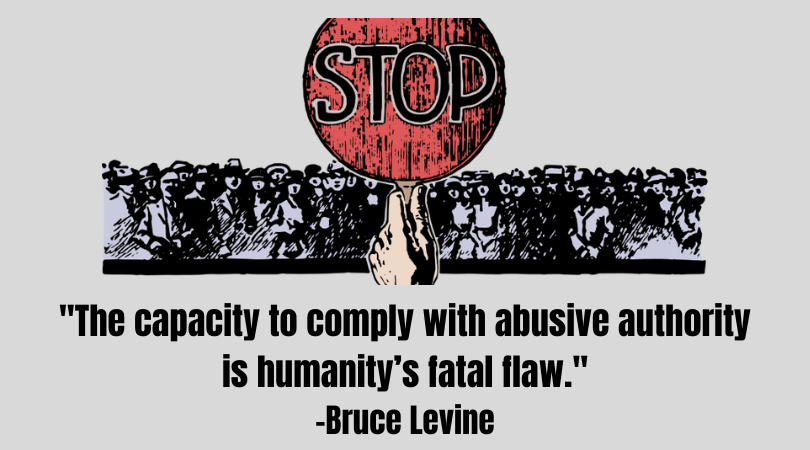When I started the website back in 2013, I had no idea I'd spend 10 years on it, meet all kinds of friends from all over the world, and publish two books. But my motivation for writing has not changed much as the time has passed. Back in 2015 I wrote: "I started the blog because I'm genuinely concerned about a lot of the distressing behaviors and issues that we see in our society. I'm interested in discussing ethical and psychological issues that may be at the root of moral problems. I also enjoy presenting solutions that have helped me to build my own character and made me a happier person my own life. I hope that this blog will help others."
To celebrate, I've made a list of my favorite posts, one for each year. In some cases it was hard to choose my favorite, so I picked a runner up. These selections are not necessarily the most popular posts, but they are my personal favorites, and range in subject from the ethics of self-defense, philosophical maxims for growth, movies, Stoicism and Cynicism, books, TV shows, cognitive biases, Cicero's fortitude, propaganda, the divisiveness of partisan politics, taking risks for philosophy and freedom, the healing balm of the natural world, family, culture, and much more.
2013: What Everyone Needs to Know About Violence and Self-Defense
Another point I make here is that very few people, even some thinkers credited with advocating for extreme pacifism for political purposes, actually believe in it on an individual level. Therefore, most Westerners who believe in extreme pacifism when it comes to individual self defense do so naively. Even Ghandi, who is not typically a reasonable pacifist, has moments where he admits to the necessity of self defense for individuals, particularly for those who aren't spiritually committed to self-immolation as he is.
A good read to clarify some of the inconsistencies surrounding the ethics of violence.
2014: The Secret to Happiness: Stoic Gratitude
In the second half of 2014 and into 2015, I took a hiatus from the blog after the birth of my first child, since I didn't yet have the time management skills necessary to handle both, a task I can now easily manage as a veteran parent with two children and a part-time job. I suppose that parenting is the ultimate time management challenge, but I digress.
A runner up from that year would be this post about ethical themes, evil, and pacifism in A Song of Ice and Fire/Game of Thrones, where I correctly predicted that Daenerys would turn out to be a villain in the story, which was revealed when the show ended years later.
2015 - 4 Life Lessons We Can Learn from the Cynics
The most famous Cynic, Diogenes, was known for his scathing social criticism. He often carried a lantern around Athens in the daytime, claiming to be looking for an honest man. His teacher was Antisthenes, a disciple of Socrates who declared, "I would rather be mad than feel pleasure." Diogenes took the message to heart, voluntarily rejecting property and opining that Godlike men have few wants in life.
We need not live a Cynic life ourselves to learn from the Cynic example. The best Cynic teachings offer us fabulous advice for practical living, which I describe in this post.
2016 - Solomon Kane: Must See Fantasy Flick About the Surprising Paradox of Non-Violence
Solomon Kane is based on books by the 1920s pulp writer Robert E. Howard. The character was adapted for film in 2009 by independent screenwriter and director Michael J. Bassett, starring James Purefoy in the title role. Far from being another film full of gratuitous violence, Solomon Kane explores a rather profound ethical question: when does adherence to nonviolence trump the moral and personal obligation to protect your life, or the lives of your family, from immanent harm?
This is an entertaining and thoughtful film that makes an excellent case for nonaggression as a philosophy. Non-aggression respects both the moral obligation that we have not to initiate violence against others, while simultaneously avowing the need for self defense and protection of loved ones should it arise.
I highly recommend seeing this movie and checking out the post as well.
2017: How to be a Badass According to Cicero
Cicero seems to have been tough enough in the face of hardship. He was exiled, betrayed by his longtime wife, endured the sudden untimely death of his favorite daughter, and was eventually assassinated on account of his support for the Republic and opposition to Caesar and Mark Anthony.
Also excellent from 2017 are these two solutions oriented posts about escaping popular culture and creating your own personal culture and your own family culture in order to be happier. Highly recommended!
2018: How Can we Overcome our Biases?
A close second from 2018 is this growth-oriented post about the ancient practice of keeping a book of philosophical maxims at hand to use in times of need. This practice has helped me a lot when the going gets tough.
2019: Why is Politics so Divisive?
I am optimistic that there will be a return to a more Socratic way of doing things; a return to some sembalance of civility and reason. Perhaps if we are willing to look critically at why things have gotten so divisive, we may find some solutions to bring the sanity back to politics.
I also really like this post from 2019 about common end of life regrets of dying people, and how to change your life today to avoid these same mistakes.
2020: Would You Risk Your Life for Philosophy?
This also happened to be the last post that I wrote just before the madness of the Covid pandemic in March 2020, when the world quickly became unrecognizable.
Given the timing, it seems eerily prescient that I chose to quote Scruton's words, "...civil society can be killed from above, but it grows from below." Scruton's assertion here is applicable to any top-down state control, such as the the insanity of lockdown, where free association was basically destroyed on account of a virus that turned out to be less deadly than early models had shown. Yet that didn't stop the state in many places using Covid as an ongoing excuse for a power grab, the necessity of which seems highly debatable in hindsight.
2021: How Propaganda Makes us Psychologically Totalitarian
The 20th century witnessed both the rise of sophisticated psychological manipulation techniques and the technology necessary to disseminate them broadly, a trend which has continued into the 21st century. The French philosopher Jaques Ellul set out to study modern propaganda in the 1960s. What he found should be a warning to us all. Our inability to take propaganda and its effects seriously now seem to me like old chickens coming home to roost.
This post aims to condense and demystify Ellul's analysis, and to build on it by suggesting concrete ways in which we can avoid propaganda's detrimental effects.
2022: The Top 5 Personality Traits Necessary for Resisting Social Pressure and How to Develop Them
If you want to learn to overcome societal pressure to go along with the group, you must develop the personality traits that I elaborate on in my favorite post of 2022.
A close runner up from 2022 is my War is Racket post about the true nature of war according to Marine Corps General Smedly Butler.
2023: 5 Ways to Counterbalance an Ugly and Barren Cultural Landscape
I really enjoyed writing the post and and I hope a lot more on this topic will follow soon.
~
Thank you for all your love and support over the past 10 years!

